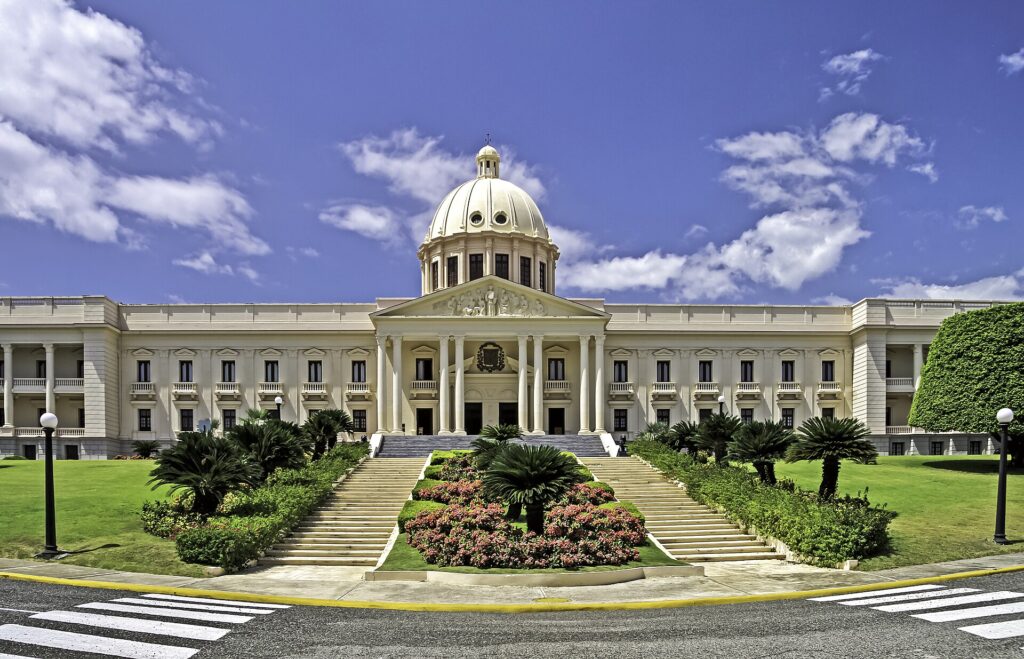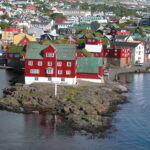Abortion
VICTORY: Abortion activists fail to legalize abortion in Dominican Republic…again
In May of 2021, an attempt to decriminalize abortion in the Dominican Republic suffered a crushing defeat in the country’s lower house. In June of the same year, they tried and failed again, with the Dominican Republic’s full House of Representatives voting against the decriminalization of abortion in their second-reading approval of changes to the Penal Code. Despite approving over 200 legislative changes, the abortion activist initiative was definitively rejected. Children in the womb remained protected in the Dominican Republic.
The abortion activist campaign, however, has continued relentlessly, supported by the Western mainstream media and assistance from foreign NGOs. Last month, they suffered yet another defeat. President Luis Abinader signed the republic’s new penal code into law on August 3; it will come into effect in August 2024. The new penal code replaces rather than merely amends the penal code which has been in effect since 1884—and the new code, like the old, maintains the total criminalization of abortion.
Repeating their 2021 attempt, abortion activists attempted to legalize abortion in three instances: “non-viability of the fetus,” risk to the mother’s life, and pregnancies resulting from rape or incest. In every country where abortion has been legalized, these three “exceptions” have been used to pave the way for abortion on demand, with each exception being widely interpreted and leading, eventually, to millions of abortions. The Chamber of Deputies and the Senate rejected these three exceptions.
Abortion activists were especially outraged because during his re-election campaign, President Luis Abinader had supported exceptions to the republic’s abortion ban; after his victory, he quietly changed his mind.
Abortion groups had claimed that to maintain protections for children in the womb was a violation of women’s rights; the government, however, stated that human life is protected from the moment of conception by Article 37 of the Constitution of the Dominican Republic, and that the legalization of abortion is thus fundamentally unconstitutional. The Dominican Republic is still a very religious country, with 60% of the population identifying as Catholic, and 19% identifying as Protestant.
Abortion activists are still pushing to include amendments to the new penal code, with their campaigns amplified by major Western media outlets. Despite these campaigns, the political path forward for abortion activists looks shaky—the Chamber of Deputies approved the new penal code by a vote of 159 to 4, showing overwhelming support for the country’s pro-life regime. Only one senator dissented the following day. As one media outlet noted:
What makes the outcome extraordinary is not only the scale of the victory, but the imbalance of forces. The Dominican pro-life movement is modest in size, lean in resources, and largely ignored by mainstream media. Opposing them was a coalition of more than twenty national feminist organizations, well-financed regional networks like the Latin American Consortium Against Unsafe Abortion (CLACAI), and global advocacy groups including the International Planned Parenthood Federation, CLADEM, and the Inter-American Commission on Human Rights—each pushing for liberalization under the banner of “sexual and reproductive rights.” “
This fight has lasted decades,” said attorney Loren Montalvo of Alliance Defending Freedom in the Dominican Republic. “They tried through the Health Code, then through the Penal Code. But every attempt ran into Article 37 of our Constitution, which declares that the right to life is inviolable from conception to natural death.”
The recent campaign was backed by significant political and media pressure. International human rights bodies have repeatedly criticized the Dominican Republic’s laws, claiming they violate women’s rights under regional treaties. Yet public sentiment has consistently resisted these narratives, rooted in a deeply ingrained cultural and legal ethic that views life as non-negotiable.
The Dominican Republic, along with Haiti, Nicaragua, and El Salvador, remains one of the only countries in the world with complete and total protection for children in the womb.








